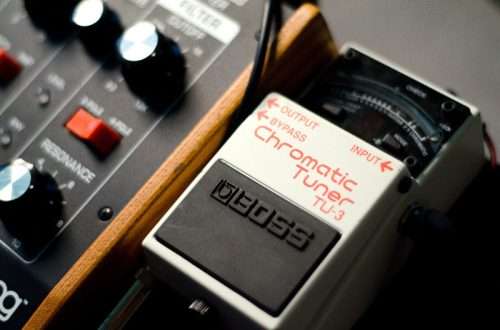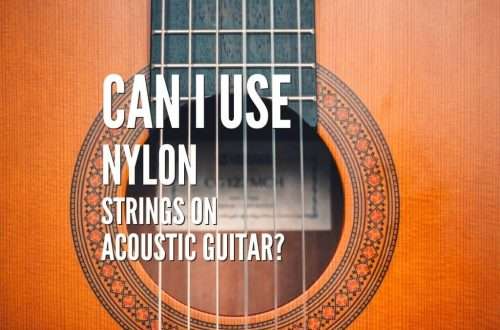
Learning the accordion from scratch. How to effectively practice the accordion?
First of all, the time we spend on daily exercise should be reflected in our gradually acquired skills. Therefore, we should organize our daily training so that it brings the best results. This, of course, requires, first of all, regularity, but also exercises in the so-called head. This means that we cannot spend time with the instrument winning for a few hours only what we like and already know, but most of all we implement strictly defined new tasks that we have planned for a given day or week.
Remember that it is better to spend half an hour with an instrument and thoroughly practice a specific exercise than to play only what you know and like for three hours. Of course, music should give us as much pleasure as possible, but this will not always be the case because we will encounter exercises that will be difficult for us. And it is precisely overcoming these difficulties that the level of our skills will gradually increase. Here you have to show patience and a kind of stubbornness, and this will result in us becoming better and more mature musicians.
Stages of acquiring skills – keeping in shape
You should be aware that music education actually lasts throughout our active life. It doesn’t work that we learn something once and we don’t have to go back to it anymore. Of course, this is not the case for us to repeat the exercise from the first year of schooling, let’s say for a few years. Rather, it is about keeping in good shape and carrying out exercises that will give perspective for our further development.
Music education, similarly to other forms of education, is divided into individual stages. Some of them will be more difficult for us to overcome, and some we will go through without too much difficulty. All this is already largely dependent on certain personal predispositions of each individual learner.
The accordion is not one of the simplest instruments, which is to some extent due to its structure and the very principle of operation. Therefore, this first stage of education can be quite difficult for some people. I have specifically used the term “for some” here, because there are people who can pass this first stage almost painlessly. The first stage of education will be the basic mastery of the motor skills of the instrument, that is, descriptively speaking, the free and most natural fusion of the player with the instrument. This means that it will not be difficult for the player to smoothly change the bellows in the designated places, or to join the left and right hands together to play together, of course, preceded by a previous exercise separately. When we feel at ease with the instrument and we do not unnecessarily stiffen ourselves, we can assume that the first stage has been completed.

You should also be aware that after some time of learning and quite efficiently passing a series of exercises, we will finally come across a stage in our music education that we will not be able to skip over. Of course, it will only be our inner feeling that we can’t go any further. And here you should not get discouraged, because our brilliant progress so far will slow down quite significantly, but this does not mean that by systematically exercising we do not improve our skills. It is similar in sports, where, for example, in pole vault, the pole vaulter reaches a level at some point which is difficult for him to jump. If he continues to persistently practice, he may raise his current record by a few centimeters in six months or a year, but if, for example, he would let go of further exercise, in six months he would not have jumped as much as six months ago without any problems. And here we come to the most important issue of regularity and consistency in our actions. This should be a priority for us not to let go of just exercise. If a phrase does not work out, break it down into individual bars. If there is a problem with playing a measure, break it down into elements and practice the measure by measure.
Breaking the educational crisis
It may happen, or rather it is almost certain, that at some point you will be hit by an educational crisis. There is no rule here and it can occur at different stages and levels of education. For some, it may appear already in this initial educational period, e.g. after six months or a year of study, and for others, it becomes visible only after a few years of study. There is really no golden mean but to go over it without completely squandering what we have achieved so far. Real music enthusiasts will probably survive it, and those with straw will probably give up further education. However, there is a way to remedy this to some extent.
If we become so discouraged to practice and the music ceases to bring us as much fun as at the beginning of our musical adventure, it is a sign that we should change something in our current educational mode. First of all, music should bring us joy and pleasure. Of course, you can take a break and wait for something to inspire you to continue learning, but such a move may well cause us to move away from music completely and never go back to making music. It is definitely better to look for another solution that will direct us back on the right track. And here we can, for example, take a break from practicing the accordion, but without losing touch with this music. Going to a good accordion concert is a very good stimulus for such a positive mood. It really works and perfectly motivates people to continue their educational efforts. It’s also great to meet a good accordionist who probably also went through various musical crises in his career. A perfect form of motivation is also participation in organized music workshops. Such a meeting with other people learning to play the accordion, joint exchange of experiences and all this under the supervision of a master can be very inspiring.
Summation
I see in music education a lot depends on the head and the right mental attitude. It is not enough to be talented, because it can only help you achieve your goals. Here, the most important thing is regularity and hard work on yourself, even in moments of doubt. Of course, remember that everything has to be balanced so that you do not go too far the other way. If you have a harder time in your education, just slow down a bit. Maybe change the repertoire or form of exercises for a while, so that you can quite gently return to the established and proven schedule.





